Tactical nuclear weapons (TNWs), often referred to as "battlefield", "sub-strategic", or "non-strategic" nuclear weapons, usually have a plutonium core and are typically distinct from strategic nuclear weapons. Therefore, they warrant a separate consideration in the realm of nuclear security. The yield of such weapons is generally lower than that of strategic nuclear weapons and may range from the relatively low 0.1 kiloton to a few kilotons.
Pakistan’s quest to acquire tactical nuclear weapons has added a dangerous dimension to the already precarious strategic equation in South Asia. The security discourse in the subcontinent revolves around the perennial apprehension of a conventional or subconventional conflict triggering a chain reaction, eventually paving the way for a potential nuclear crisis haunting peace and stability in the region. Pakistan believes that the successful testing of the 60-km nuclear-capable short-range missile Hatf 9 (Nasr) "adds deterrence value to Pakistan’s strategic weapons development programme at shorter ranges."
In paradox, the fact remains that step has futher lowered Pakistan’s muclear threshold thought the likely use of TNWs. The introducation of TNWs into the tactical battle area futher exacerbates credibility of their contoral Pakistan forgets that gives its Islamabad with a conventional strike in reaction to a 26/11 – style terrorist attack. Pakistan problem of developing a strategy to counter Pakistan’s "first-strike" and proxy war in the light of its declared "no-first-use" policy.
This edited volume attempts to address and decipher complex issuse, including aspects such as China’s WMD collaboration with Pakistan, nuclear command the technical aspects of the Nasr delivery system.
ABOUT THE AUTHOR Gurmeet Kanwal
Brigadier Gurmeet Kanwal, a former Senior Fellow at the Institute for Defence Studies and Analyses, New Delhi, commanded a field artillery regiment in counter-insurgency operations in the Kashmir Valley. He has served as Director MO-5 in the Directorate General of Military Operations at Army Headquarters, New Delhi, the Brigade Major of an infantry brigade, a United Nations Military Observer in UNTAG, Namibia, and as an Instructor-in-Gunnery at the School of Artillery, Devlali. He is a graduate of the Defence Services Staff College, the Long Gunnery Staff Course and the Higher Command Course. Brigadier Kanwal has written several books. He edited the Artillery Journal for four years and was the editor of UNTAG Journal, Namibia, while serving as a UN military observer. He has been an honorary member of the Board of Editorial Consultants of Indian Defence Review, has written extensively on defence and national security issues for various national newspapers and military journals and writes a regular column for The Statesman. He has recently been nominated to take over command of an Infantry Brigade deployed on the Line of Control in Jammu and Kashmir.
ABOUT THE AUTHOR Monika Chansoria
Dr. Monika Chansoria is a Sennnior Fellow at the Centre for Land Warfare Studies, New Delhi and holds a Post-Doctorate in international Relations from the French Foundation of Humanities and Science, Paris, in 2007-08. Journal for four years and was the editor of UNTAG Journal, Namibia, while serving as a UN military observer. He has been an honorary member of the Board of Editorial Consultants of Indian Defence Review, has written extensively on defence and national security issues for various national newspapers and military journals and writes a regular she regulary participates in various Track II diplomatic dialogues in India and abroad in addition to writing a regular column on international politics and strategic affairs for The Sunday Guardian newspaper.

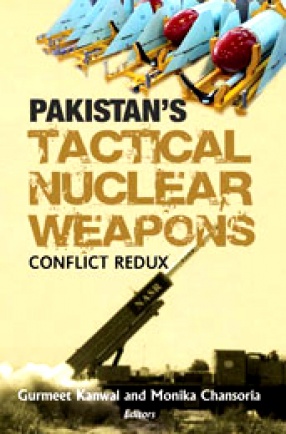
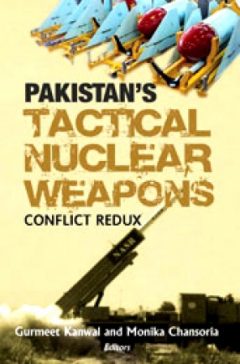
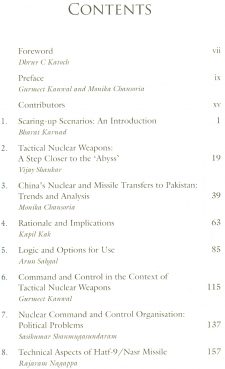
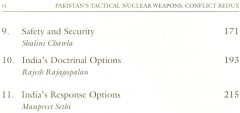
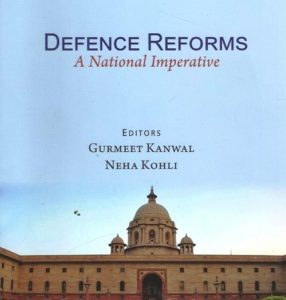
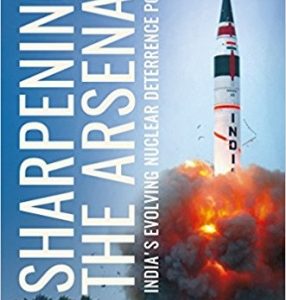
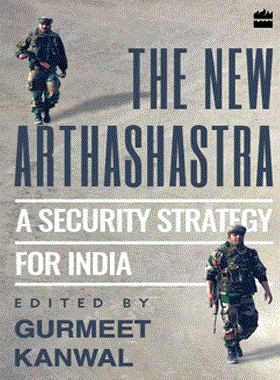

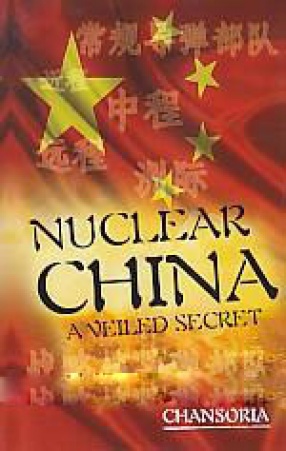

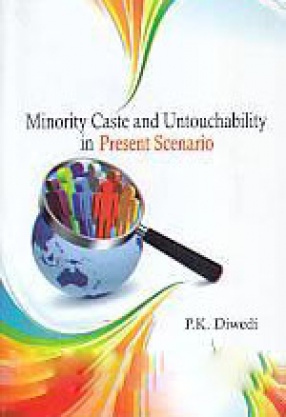
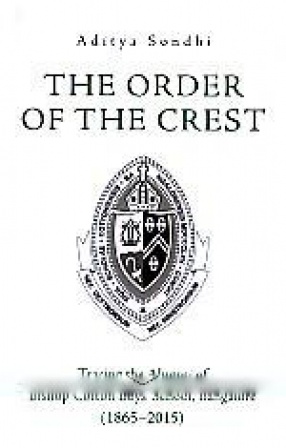
There are no reviews yet.